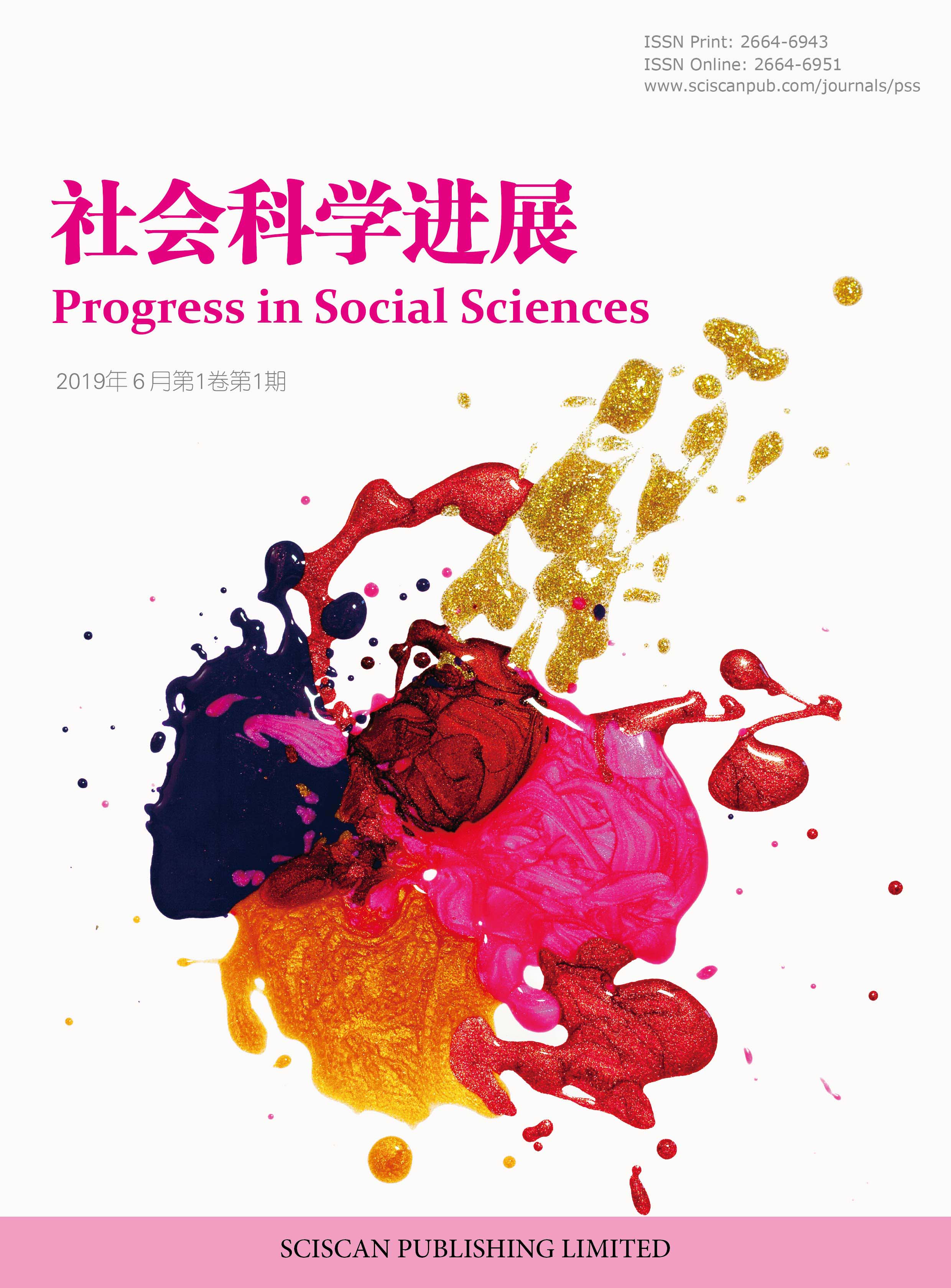Progress in Social Sciences
ISSN Print: 2664-6943
ISSN Online: 2664-6951
Contact Editorial Office
Subscribe to the latest published information from SCISCAN
“以赛赋能”的心理健康教育专业硕士研究生培养模式
Master’s in mental health education; Self-efficacy; Competitions; Training model
- Authors: 侠牧¹ 李雪榴²
-
Information:
1. 广西民族大学,南宁; 2. 南宁师范大学,南宁
- Keywords: 心理健康教育专业硕士;自我效能;比赛;培养模式
- Master’s in mental health education; Self-efficacy; Competitions; Training model
- Abstract: 本文针对心理健康教育专业硕士研究生从业自我效能不足的问题,提出“以赛赋能”培养模式,通过训练与参赛的循环,提升学生的从业自我效能。具体做法为:学生与导师商定适合自身能力的比赛,然后在专人指导下进行集体训练。在训练过程中,对学生优秀表现给予鼓励,并要求学生锻炼身体、练习调节负性情绪的策略。比赛结束后,总结经验教训,对获奖者予以表扬,引导未获奖者进行合理归因,鼓励获奖者参加更具挑战性的比赛。通过循环往复的过程,最终提升学生的从业自我效能。
- This article addresses the issue of insufficient self-efficacy among graduate students majoring in mental health education by proposing a “competition-empowerment” training model, which enhances self-efficacy through a cycle of training and competition. The specific approach involves students and their mentors agreeing on competitions that match their abilities, followed by collective training under expert guidance. During training, students’ excellent performances are encouraged, and they are required to engage in physical exercise and practice strategies for regulating negative emotions. After the competition, experiences are summarized, successful participants are praised, and those who did not win are guided to attribute their results to luck, while winners are encouraged to participate in more challenging competitions. This cycle is repeated to ultimately enhance students’ professional self-efficacy.
- DOI: https://doi.org/10.35534/pss.0703035
- Cite: 侠牧,李雪榴.“以赛赋能”的心理健康教育专业硕士研究生培养模式[J].社会科学进展,2025,7(3):204-207.














